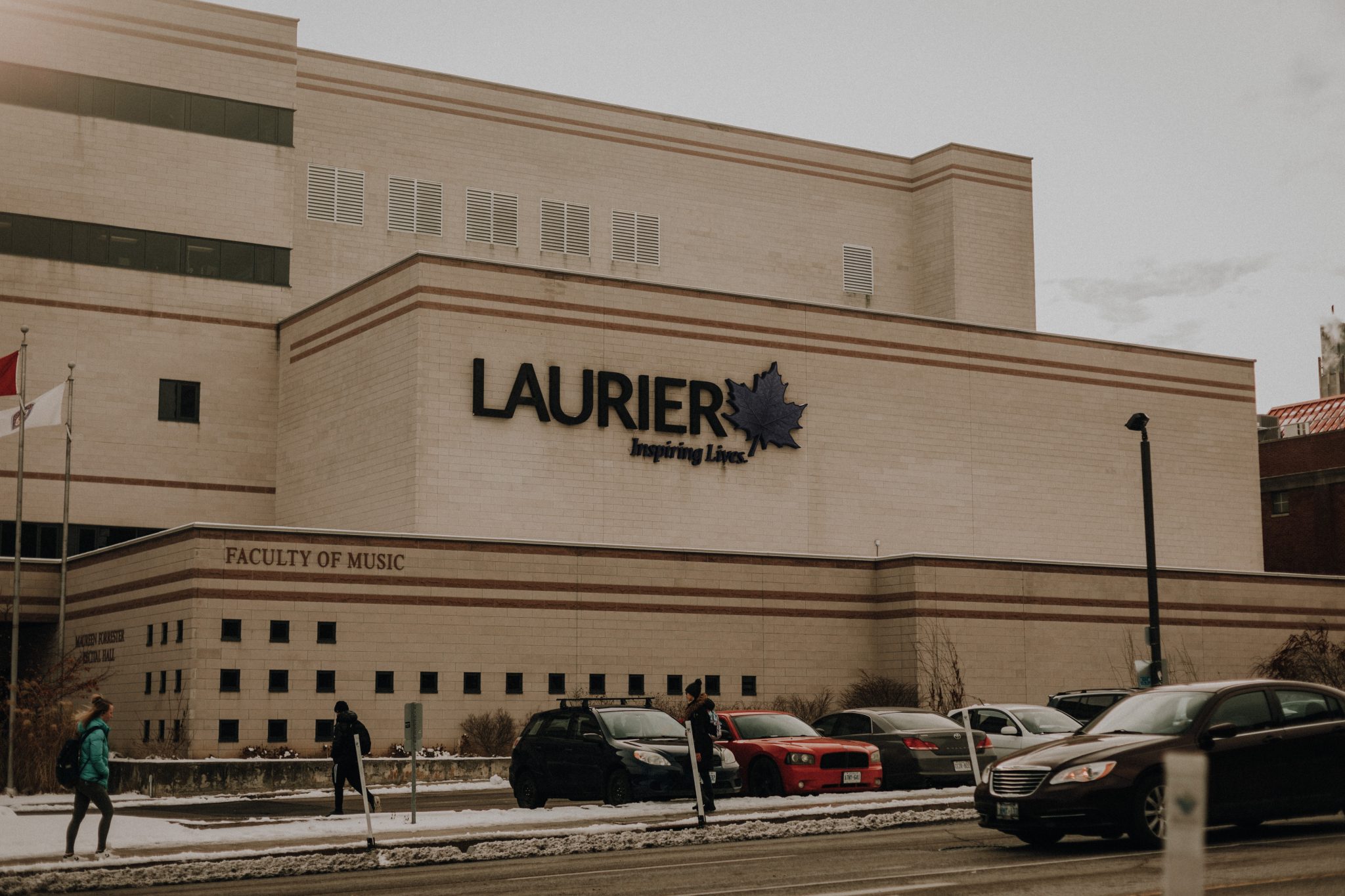Ryerson is changing the name of their university — Laurier should too

After years of pushback from Indigenous activists, students, community members and faculty at Ryerson University (or “X University”), the university’s board of directors have officially voted to change the school’s name.
There are a number of reasons that I think it’s time for Wilfrid Laurier University to do the same.
The call to action was prompted, among other reasons, by the history and legacy of the university’s namesake, Egerton Ryerson. More than 300 Ryerson professors supported the decision.
Ryerson, as documented by the Standing Strong (Mash Koh Wee Kah Pooh Win) Task Force, was deeply involved in the history of both “racially segregated schools and the residential schooling system” of Canada.
With conversations about historical legacies, the generational impact of colonization on Indigenous communities and the calls to action made by groups like the Truth and Reconciliation Commission, Laurier is well-positioned to seriously evaluate how they want to be connected to that history, and the message they are sending as an institution rooted in colonization.
On July 28, 2021, the university announced the Laurier Legacy Project, focused on examining the history and impact of its namesake, Sir Wilfrid Laurier.
Laurier, though celebrated by some as a Prime Minister, encouraged western expansion. His government was directly tied to policies and treaties that led to the annexation of large areas of Indigenous land for the crown — ~840,000 km that was home to 39 First Nation communities.
Laurier’s government ignored a 1907 report, entitled Report on the Indian Schools of Manitoba and the Northwest Territories, in which the chief medical officer of the federal Department of the Interior and Indian Affairs noted the “unhealthy conditions and very high death rates of residential schools in the Prairies.”
Laurier’s government also passed anti-immigration policies that were targeted at “African American, Chinese, Japanese, and Indian migration to Canada,” and laws that specifically targeted Black migrants during the Jim Crow era of racial discrimination in the United States.
The Laurier Legacy Project, in providing this information, takes a step towards the university’s overall goal of decolonizing its practices. As noted by Laurier president Deborah MacLatchy, the goal of the project is to “research and reflect upon” Laurier’s legacy and history in order to “appreciate” its meaning from a scholarly perspective.
As such, I will reflect on it as well.
It’s likely that this project was motivated by a number of reasons: the recently-discovered, unmarked, Canadian residential graves, Ryerson’s statue being toppled and the call to change its name, the current political climate and calls to action for Laurier to improve its own approach to anti-racism, equity, diversity, inclusion and Indigeneity being among them.
The feedback the university has received over the past few years has already pushed it to make a number of announcements, including: developing an EDI action plan (June 2020), hosting an EDI roundtable discussion (Oct. 2020), offering new courses focused on Indigenous experiences (Nov. 2020), reviewing Special Constable Services (Jan. 2021), introducing the Inclusive Excellence Initiative (May 2021) and finally the Laurier Legacy Project.
Laurier is an institution that claims it values “diversity and a culture of inclusivity,” “learning through experience”; has a vision that offers a commitment to justice and “the courage to engage and challenge the world in all its complexity”; and guiding principles focused on “openness to change,” “community citizenship” and “making strategic choices for the long-term health of the institution.”
It is clear that Laurier knows what changes need to be made to make it a more inclusive, diverse and politically conscious institution that reflects the needs of its community.
If that is the case, it has the same obligation to question its connection to a figure that no longer represents the university’s values and commitment to its students and community.
It is most likely that if Laurier were to announce a name change, they would not do so until 2023 when Laurier will be celebrating the 50th anniversary of its renaming with a “scholarly and public education workshop.”
However, I believe the university should consult with Indigenous and other racialized members of the Laurier community. An earlier announcement would have a far greater impact and go further in showing Laurier is committed to actionable goals towards decolonization.
As a history student, I’m well aware of the fear-mongering around “erasing history” through these kinds of decisions. I don’t think there’s merit to it. But I do know that everyone who attends this university, especially racialized and marginalized folks, deserve to feel proud of the name and symbol associated with their university.
You can call it performative activism. You can call it unnecessary or symbolic. But language leaves a lasting impact, as do our actions.
To quote Elie Wiesel, “Neutrality helps the oppressor, never the victim. Silence encourages the tormentor, never the tormented.”
Why should we feel content or indifferent to be associated with a figure who has caused so much lasting harm to the people of this country? Shouldn’t we want more for our university’s legacy?
If we do nothing, what does that say about us?


